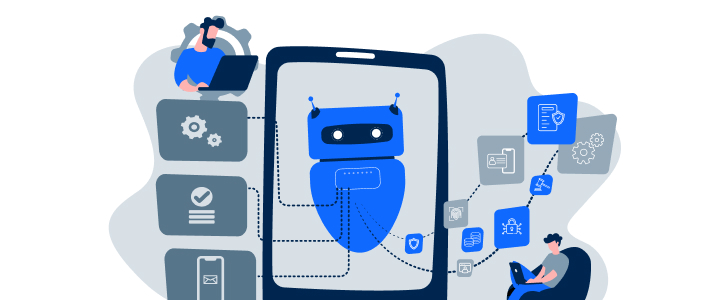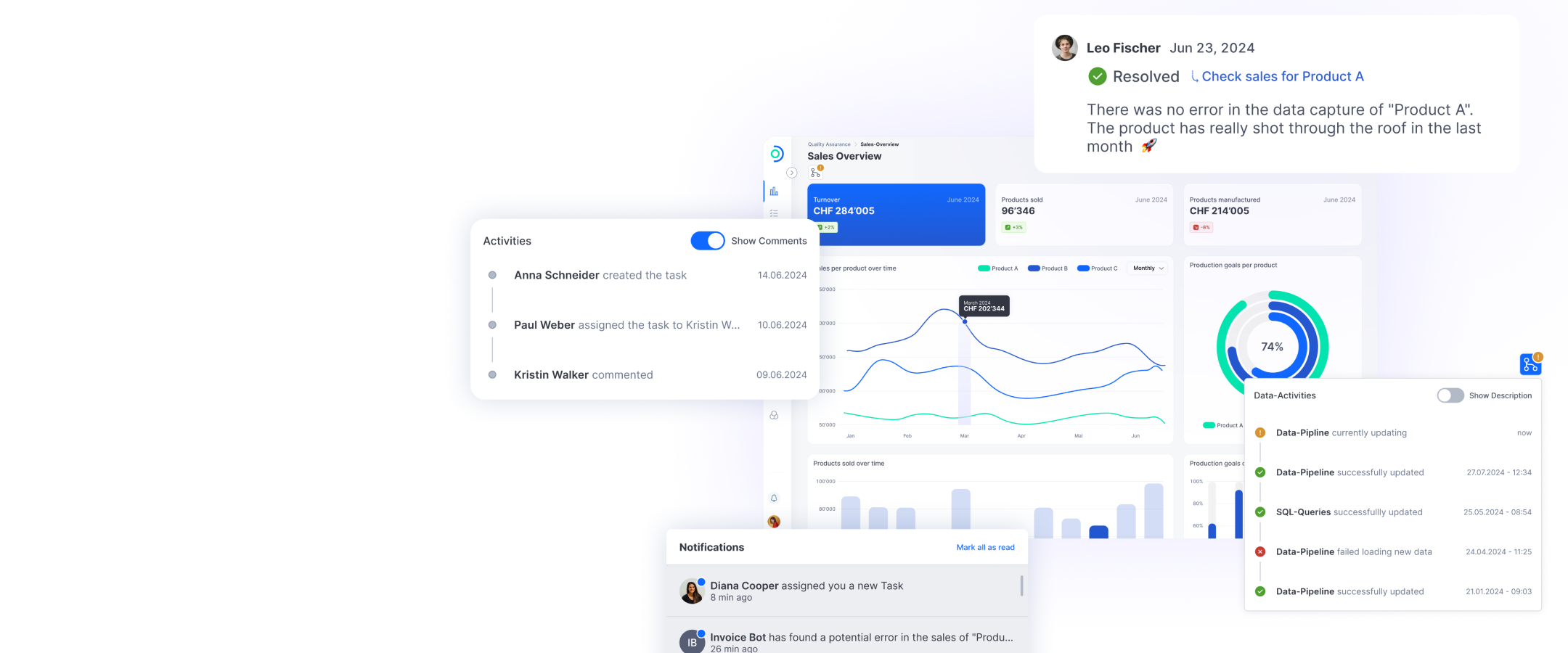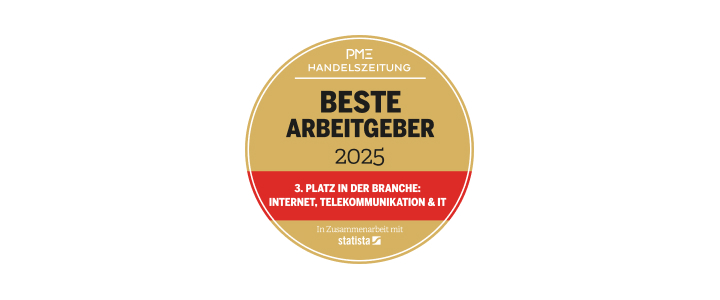Successful digitalization requires holistic strategies: Consulting @ti&m
“Oh, they do consulting too now!” It’s a thought that may have entered some people’s minds when ti&m announced two years ago that it was going to offer technical and organizational consultancy covering all aspects of digital transformation. Of course, the question is justified: Is consulting a good fit for an engineering company like ti&m? Content-wise? Culturally? Could it really work?
“Digitalization” is a comprehensive, holistic issue, not simply a technological one. Today, technology penetrates all aspects of people’s lives, and it is changing the fundamental way that companies do business. Change affects all of a company’s systems and processes, its organization and its products.
A successful digitalization strategy thereforecannot “only” focus on the company’s IT. It is no longer enough, either, to place greater focus on the possibilities afforded by new technologies in terms of interacting with clients or rationalizing processes. Instead, a successful digitalization strategy must delve into how new technologies influence the lives of customers; which new products are possible because of new technologies; and what kind of impact this will have on the company business model.
Technology permeates all areas of a company
The digitalization strategy likewise examines how working methods and organization may change as a result of new technologies: for one thing, technological change enables completely new processes to be introduced to a company. Processes may become heavily automated; machines may take over ever more complex tasks from skilled workers. On the other hand, agile methodologies lead to much more flexible processes: the company is quicker on the market and is able to better harness the potential offered by employees.
Technological change still has a huge influence on how companies use IT and technology: the trend for further industrialization, for applying standard systems, the general trend for shifting IT to the cloud — all these aspects also form part of a holistic digitalization strategy.
Changes to the business model, processes, organization and IT all have a huge impact on each other. As a result, digitalization focused heavily on IT can no longer expect to be successful today. A successful digitalization strategy requires all these interlinked spheres to be balanced out, taking into account their mutual dependencies.
This change affects ti&m in the same way it does all other companies: we are faced with altered opportunities and requirements, and we must modify, expand and supplement our range of services — and thereby ourselves — in such a way as to continue reaping success for our clients.
Technological change also has an impact on ti&m
“ti&m — We digitalize your company”: Our motto sums up how we see ourselves. Anyone who knows ti&m knows that this has evolved over time. When ti&m was founded 16 years ago, the pervading attitude was still very much: “Don’t trust anyone who can’t program.” But digitalization has also massively transformed the
demands placed on engineering firms like ours. In addition to developing innovative customized software, we have also long offered services for application management and operation, and we build standard software too. For some years now, we have also brokered modern methodologies of software engineering.
So it is only logical that we should now support our clients in fully gearing their business models, processes and working methods towards the growing wave of digitalization. Our consulting department Research & Digital Transformation is a key element in this. The team combines a solid knowledge of technology with specialized expertise from a variety of sectors. This means that we are in an excellent position to develop and implement balanced digitalization strategies. To do so, we have established five pillars:
- In research, we investigate new technological trends, how they can be applied in our clients’ companies, and their impact on our clients’ business.
- Building on this, we help our customers develop digitalization and IT strategies.
- In Enterprise Architecture we help to upgrade application landscapes and make them more flexible so that they can meet, for example, requirements for higher speeds and greater complexities upon integration into various ecosystems or operation in a cloud.
- We also provide support in evaluating and selecting modern technologies and systems.
- Consultancy therefore goes hand-in-hand with setting up a suitable structure. We consult chiefly on flexible organization and agile working methodologies.
Supporting clients holistically with transformation
Research & Digital Transformation thus supplements the range of ti&m services in order to be able to develop successful digitalization strategies with our clients end-to-end, and provide assistance with implementation. Thanks to our innovation departments and the “ti&m garage” we have the means to test out new ideas and approaches quickly and flexibly. With our engineering, product development and service management for operation and application management, we supply the proof that our concepts really do work sustainably in practice. Our consultancy department has been active on the market for nearly two years now. We have grown to a team of just under 30 technical specialists from a variety of branches, with a background in science or the humanities; all experienced consultants and technical specialists in a broad range of sectors. We have been delighted to help clients from all manner of industries drive ahead with digitalizing their business in many different aspects, in over 20 projects. In short: Consulting is a good fit for us, and we are good at it. We very much look forward to the many exciting projects that lie ahead.





